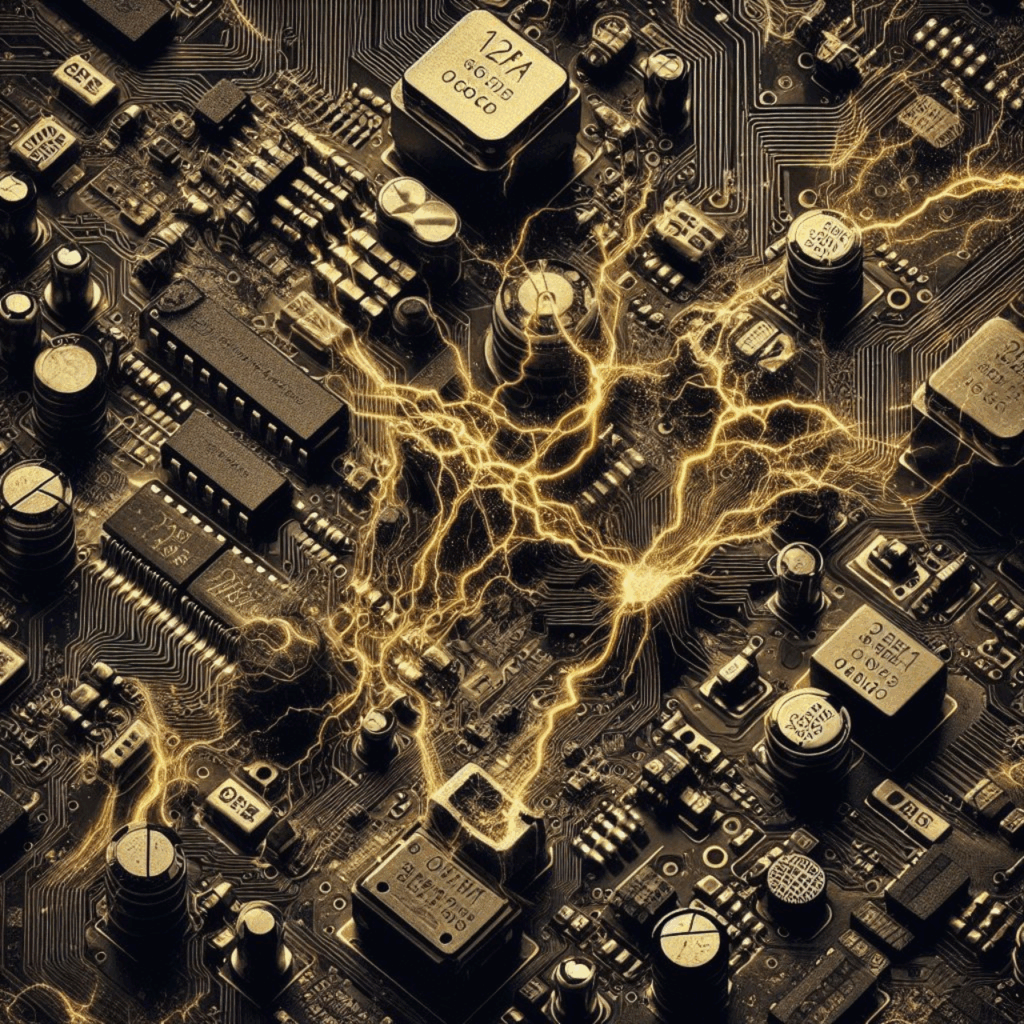Electrostatic Discharge Procedures and Training
Electrostatic Discharge Procedures and Training
Protecting Your Products from Catastrophic Damage
Damage caused by Electrostatic Discharge (ESD) strikes can be unpredictable and catastrophic to electronic assemblies. At Marq-One, we understand the critical importance of proper ESD control to ensure the long-term reliability of products in their service environment.

Mitigating ESD Risks
The amount of charge created during an ESD event depends on various factors, including material conductivity, intimacy of contact, rate of separation, and induced charging due to the presence of an electrical field.
We provide comprehensive solutions to prevent and control Electrostatic Discharge through:
Training and Education
Educate your team on ESD risks and prevention through tailored training programs.
Grounding
Implement measures to prevent static charge build-up on individuals using metal wrist straps. Ground workstations and establish Electrostatic Protective Areas (EPAs).
Shielding
Shield components during transport using dissipative materials or containers with a conductive layer.
Neutralisation
Use ionisers to remove charge build-up on insulators like clothing or plastics.
Monitoring and Testing
Regularly monitor and test ESD control measures to ensure ongoing effectiveness.
Adherence to Standards
Adhere to industry standards, such as ANSI 20:20, for controlling and preventing ESD.
Understanding ESD and why it matters
Electrostatic Discharge is the build-up of charge between two surfaces, often occurring when surfaces rub together. This excess charge can lead to harmful ESD events in electronic manufacturing, gradually damaging circuit board components.
With component miniaturisation since the early 1990s, the removal of ESD protection from integrated circuits has heightened the sensitivity of modern devices. Components are now sensitive to as little as 50 volts, making it crucial to prevent ESD events. Catastrophic failures and “walking wounded” components pose significant risks to product reliability.
Positive Impact on Product Reliability
Understanding and implementing preventative measures against ESD significantly reduces the risk of catastrophic events. We will help your team improve competency and create products right the first time, resulting in substantial savings.
Protecting Your Products from Catastrophic Damage
Damage caused by Electrostatic Discharge (ESD) strikes can be unpredictable and catastrophic to electronic assemblies. At Marq-One, we understand the critical importance of proper ESD control to ensure the long-term reliability of products in their service environment.

Mitigating ESD Risks
The amount of charge created during an ESD event depends on various factors, including material conductivity, intimacy of contact, rate of separation, and induced charging due to the presence of an electrical field.
We provide comprehensive solutions to prevent and control Electrostatic Discharge through:
Training and Education
Educate your team on ESD risks and prevention through tailored training programs.
Grounding
Implement measures to prevent static charge build-up on individuals using metal wrist straps. Ground workstations and establish Electrostatic Protective Areas (EPAs).
Neutralisation
Use ionisers to remove charge build-up on insulators like clothing or plastics.
Shielding
Shield components during transport using dissipative materials or containers with a conductive layer.
Monitoring and Testing
Regularly monitor and test ESD control measures to ensure ongoing effectiveness.
Adherence to Standards
Adhere to industry standards, such as ANSI 20:20, for controlling and preventing ESD.
Shielding
Shield components during transport using dissipative materials or containers with a conductive layer.
Neutralisation
Use ionisers to remove charge build-up on insulators like clothing or plastics.
Monitoring and Testing
Regularly monitor and test ESD control measures to ensure ongoing effectiveness.
Adherence to Standards
Adhere to industry standards, such as ANSI 20:20, for controlling and preventing ESD.
Understanding ESD and why it matters
Electrostatic Discharge is the build-up of charge between two surfaces, often occurring when surfaces rub together. This excess charge can lead to harmful ESD events in electronic manufacturing, gradually damaging circuit board components.
With component miniaturisation since the early 1990s, the removal of ESD protection from integrated circuits has heightened the sensitivity of modern devices. Components are now sensitive to as little as 50 volts, making it crucial to prevent ESD events. Catastrophic failures and “walking wounded” components pose significant risks to product reliability.
Positive Impact on Product Reliability
Understanding and implementing preventative measures against ESD significantly reduces the risk of catastrophic events. We will help your team improve competency and create products right the first time, resulting in substantial savings.




